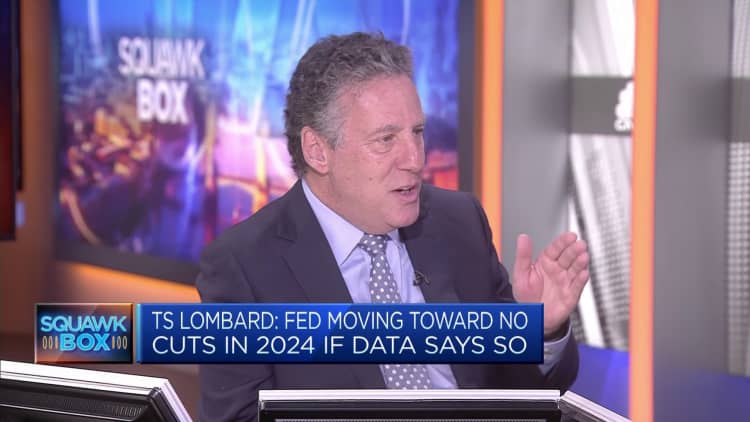
Ever since OpenAI released its generative AI chatbot ChatGPT in November 2022, investors have flocked to companies with links to AI to try to profit from the world-changing technology. The hype has been so extreme that it sparked a debate on Wall Street over whether investors are justified in their AI enthusiasm—or if they’re getting too excited.
Former Treasury Secretary Larry Summers, who joined ChatGPT developer OpenAI’s board of directors late last year, weighed in on this debate at the Fortune Innovation Forum in Hong Kong on Thursday. “The right general rule with respect to technological innovation is that things take longer to happen than you think they will, and then they happen faster than you thought they could,” he said.
Unlike many proponents of AI, Summers thinks AI’s potential isn’t going to fully reveal itself anytime soon. “I don’t think that this is going to drive a productivity miracle in the next three to five years,” he said.
Summers said that crossing the “last mile” of technological development—when a revolutionary technology turns into something that the general public can use—usually takes longer than people hope. He cited what he termed the “productivity J curve,” arguing that realizing productivity gains from a new idea takes years of investment, research and development.
“Think, for example, about autonomous vehicles. Tens, if not hundreds of thousands of workers have for years been devoting themselves to autonomous vehicles…and as yet, there have been no chauffeurs or truck drivers or taxi drivers who have lost their job,” he said. “We’ve had a bunch of labor being devoted to autonomous vehicles, and no output that is measured in the statistics.”
But the OpenAI board director is far from an AI skeptic.
“If one takes a view over the next generation, this could be the biggest thing that has happened in economic history since the Industrial Revolution,” he added. “This offers the prospect of not replacing some forms of human labor, but almost all forms of human labor.”
From building homes to making medical diagnoses, Summers predicted that AI will eventually be able to do nearly every human job, particularly white collar workers’ “cognitive labor.”
That will eventually make EQ, or emotional intelligence, more important than IQ.
“AI will substitute for a doctor making a difficult diagnosis…before it substitutes for a nurse’s ability to hold a patient’s hand when the patient is frightened,” he said.
Credit: Source link















